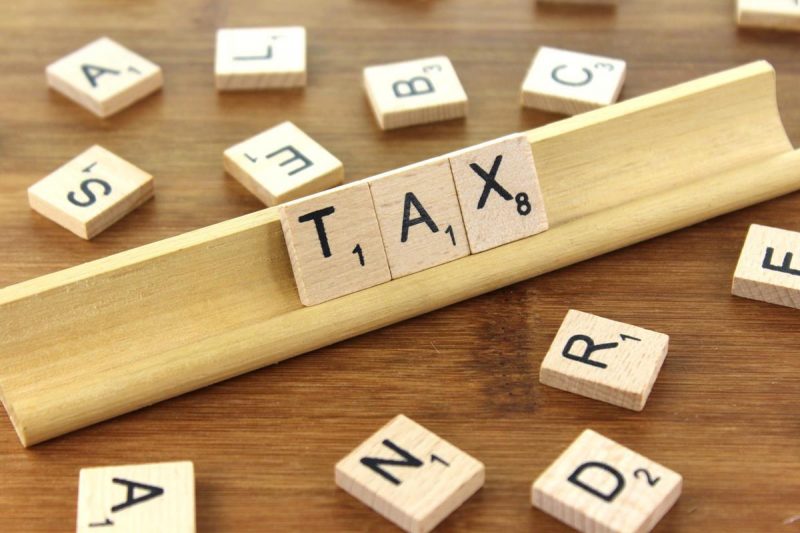I am a salaried individual aged 30 years. For the FY 2019-20, I have made investments of Rs 20,000 in PPF and Rs 30,000 in mutual fund ELSS. Also, my EPF is deducted at Rs 21,600 for the full year. I have submitted the tax-saving proofs for above to my employer. Given the spread of the Coronavirus pandemic, I was unable to make further investments for saving tax until 31 March 2020. Will I be able to claim tax deductions for my tax-saving investments made until 30 June 2020?
For the FY 2019-20, your employer has considered your tax-saving investments of Rs 50,000 and Rs 21,600 deposited in your EPF account, totalling to Rs 71,600. A maximum of Rs 1.5 lakh can be invested for tax-saving purposes. In your case, you can spend the balance of Rs 78,400 and claim the tax deduction.
The FY 2019-20 has closed, and hence your employer has paid your salary after deducting the taxes (TDS) based on your tax-saving investments of Rs 71,600. However, you can make a further investment in tax-saving as per the extended time allowed by the government until 30 June 2020.
Do note that you cannot submit the proofs for these investments to your employer for FY 2019-20, which is already closed. The tax deduction for the investments has to be claimed while filing your income tax returns for the FY 2019-20, which are due by 31 July 2020. Also, once a deduction is claimed for FY 2019-20, these investments cannot be again claimed as a deduction for FY 2020-21.
Also Read: Tax Query: Can NRIs claim deduction on donations?
I hold an investment in units of equity fund of a mutual fund. I am planning to switch to debt fund scheme of the same mutual fund house. I want to know whether the switching between funds will attract capital gains tax and how to calculate the capital gains.
The switching from one scheme to another amounts to the sale of units of the existing scheme and buying units of another scheme. In your case, the switching will amount to sale of equity fund units and buying of debt fund units.
The capital gains or loss will be calculated by taking the NAV as on the date of switching as the sale price. In case the equity funds are held for a period up to one year, the difference between the sale price and the purchase price of the units will be short-term capital gains. The short-term gains are taxable at 15% (plus surcharge and education cess).
However, if the units were held for more than one year, the difference between the sale price and purchase price will be long-term capital gains. The long-term gains are taxable at 10% (plus surcharge and education cess). The long-term capital gains on equity funds are tax-exempt up to Rs 1 lakh.
In case the purchase price is higher than the sale price, you will have either a short-term capital loss or a long-term capital loss. In such a case, you are allowed to set off or reduce the loss from any other taxable capital gains. You will be able to set off the short-term loss from long-term or short-term capital gains of the same year. The short-term loss you are not able to set off can be carried forward and set off in the next eight years. The long-term capital loss can be set off only against the long-term capital gain of the same year. The long-term loss you are not able to set off can be carried forward and set off in the next eight years.
For any clarifications/feedback on the topic, please contact the writer at sweta.dugar@cleartax.in
I am a Chartered Accountant by profession. I specialise in personal taxes and corporate income tax matters. I am an avid reader and track developments in financial markets, economy and other market developments.





